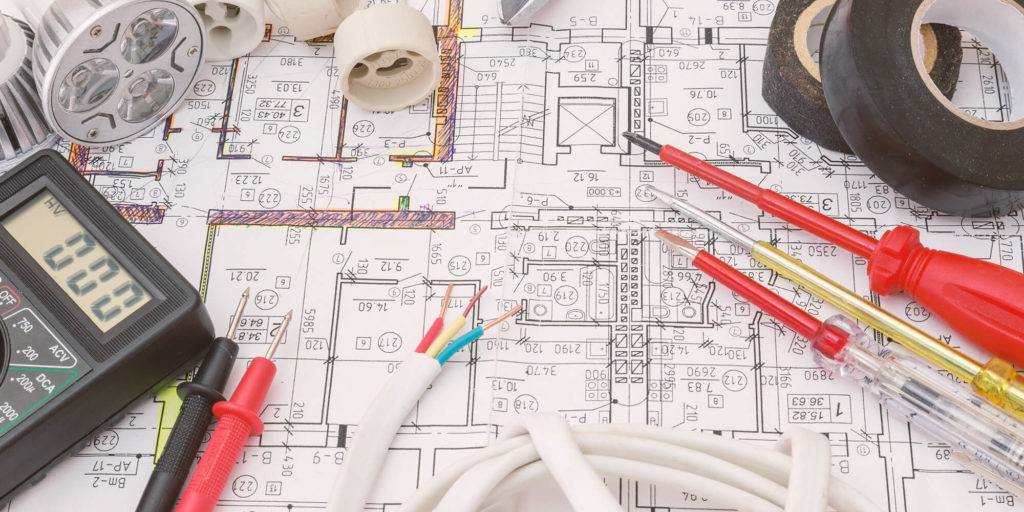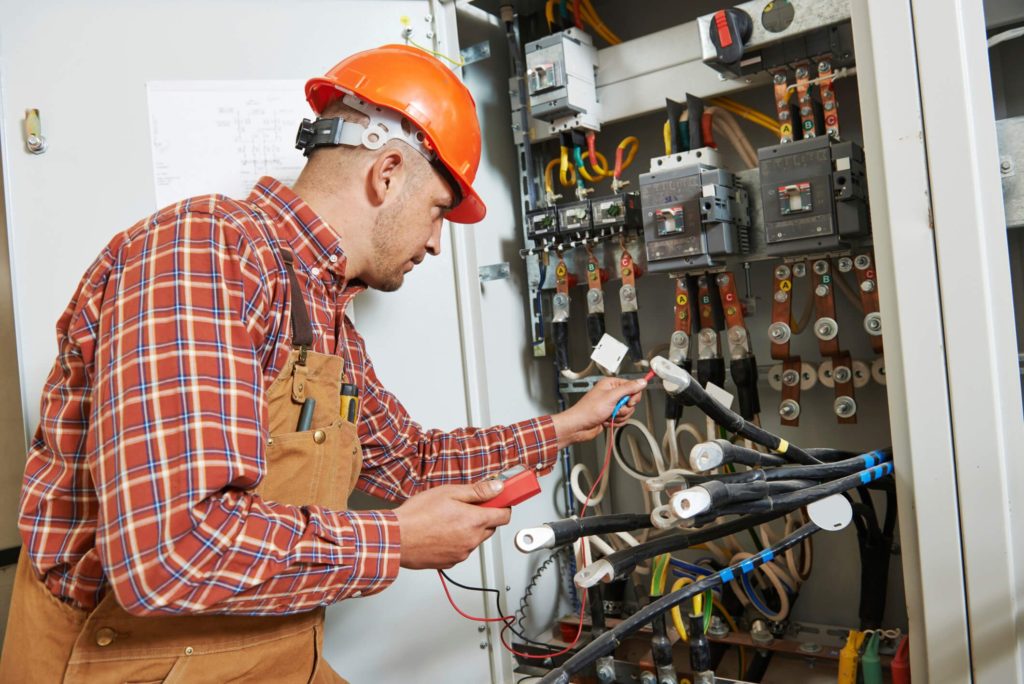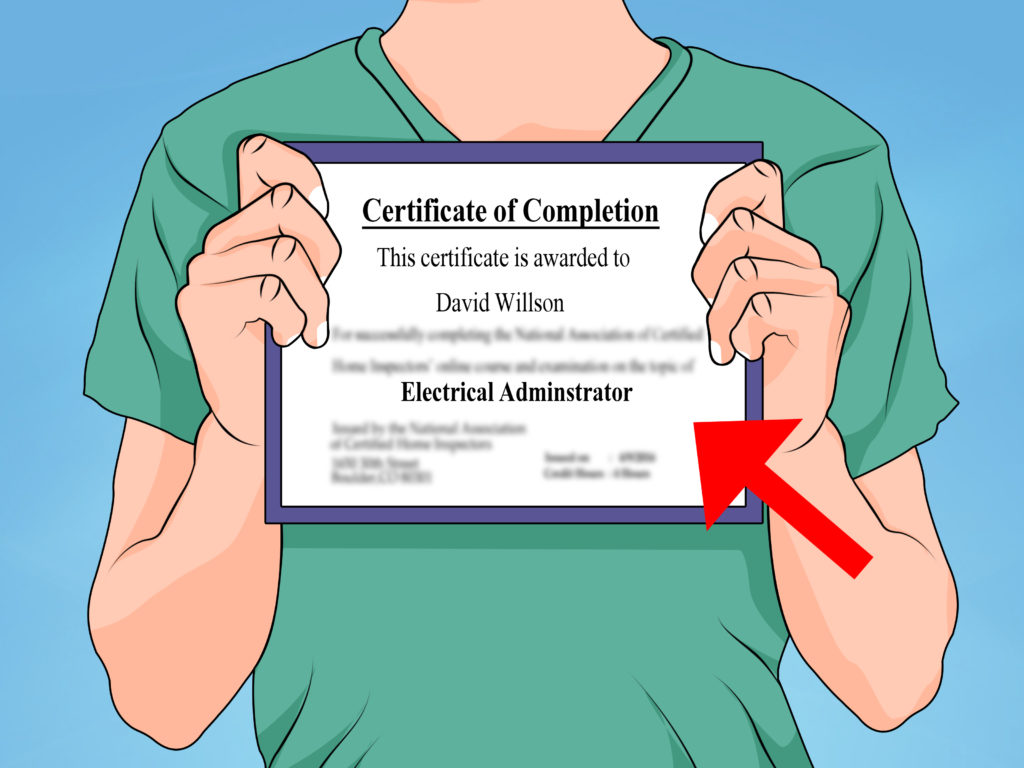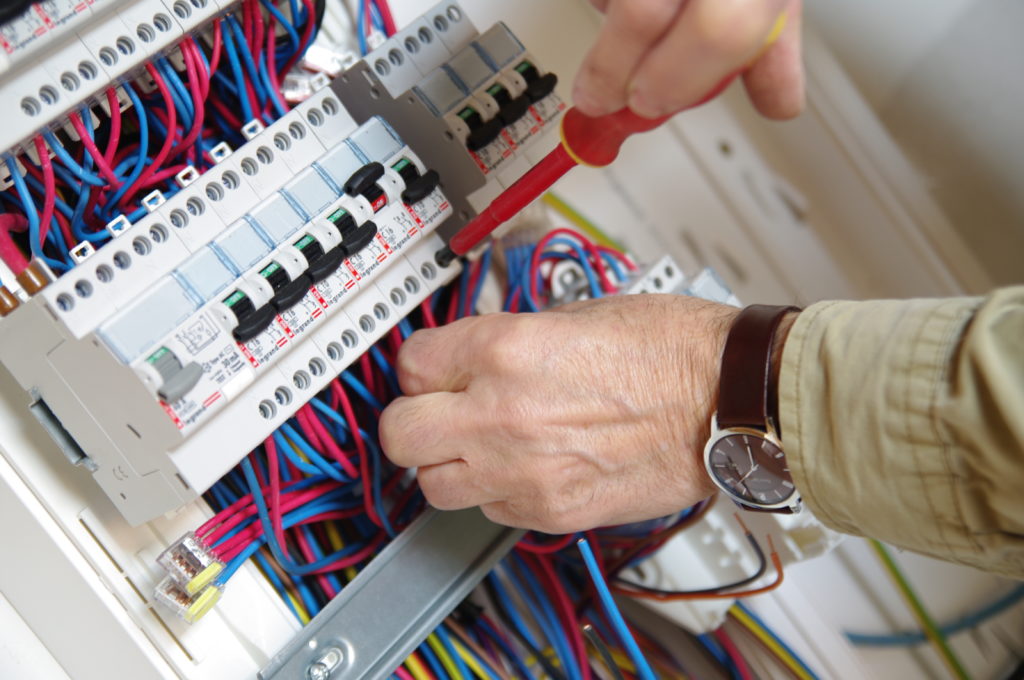
If you’re doing some electrical work in your home and want to make sure it’s done right, then doing your research on all things electricians and electrical contractors is vital.
And let’s face it: the consequences for not getting the electrical work done correctly are dire. From house fires to electrocutions, there are plenty of worst-case scenarios that could become all too real if you take shortcuts.
That’s not the end of it, either. If you survive your house burning down and go to make an insurance claim, but the insurance company discovers that you used an unlicensed electrician, they won’t be paying out the cash. Talk about a double whammy.

Let’s discuss what kind of electrician you’ll need at your house, and where you should go from there.
What type of electrician do I need for my house?
Depending on the project, there are several different types of certified or registered electricians.
What’s the difference between certified and registered, you ask? Certified means that the electrician can practice their craft anywhere in the state in which they obtained their license, while registered means that they can only be in the immediate region.
If you need general electrical assistance, you can hire an electrical contractor. If it’s a specialty project, there is such a thing as an Electrical Specialty Contractor, either certified or registered.
If it’s an alarm system that you need help with, look up an Alarm Contractor I or an Alarm Contractor II.

What is the benefit of hiring a licensed electrician?
What, you mean other than your house not burning down?
Of course, that’s the main reason. A licensed electrician has already passed an intensive exam (more on that in a moment) and has all of the necessary qualifications to complete the job successfully.
It also means that he or she will have a permit, certifying that they have liability insurance and that your homeowner’s insurance will actually pay out in the event of a disaster.
So…could I just become a licensed electrician myself?
If you think that it would just be more convenient and potentially more cost-effective to become certified or registered as an electrician by yourself … well, you might not be wrong.

The only problem is, you’ll have to pass an exam that requires knowledge of the National Electrical Code – not exactly a walk in the park unless you’ve done extensive studying to prepare. Theoretically, anyone could pass the exam, but it’s exceedingly unlikely that an average person with no professional experience in the field or official training could pass.
The National Electrical Code is a set of standardized guidelines that requires uniformity when it comes to electrical wiring and the operation of tools used by electricians. So, yeah, it’s an important exam that won’t be a slam dunk for just anyone to pass.
Final Thoughts
There’s no excuse to not hire a professional electrician who is either certified or registered to help with the completion of your electrical project. It simply isn’t worth the risk to try and D.I.Y. something that is so dangerous and requires a licensed professional.

So, don’t think much longer about this. Simply do some research and find a local electrician that you can trust to help you solve your problems.
Websites Cited:
https://www.gforceelectric.com/














